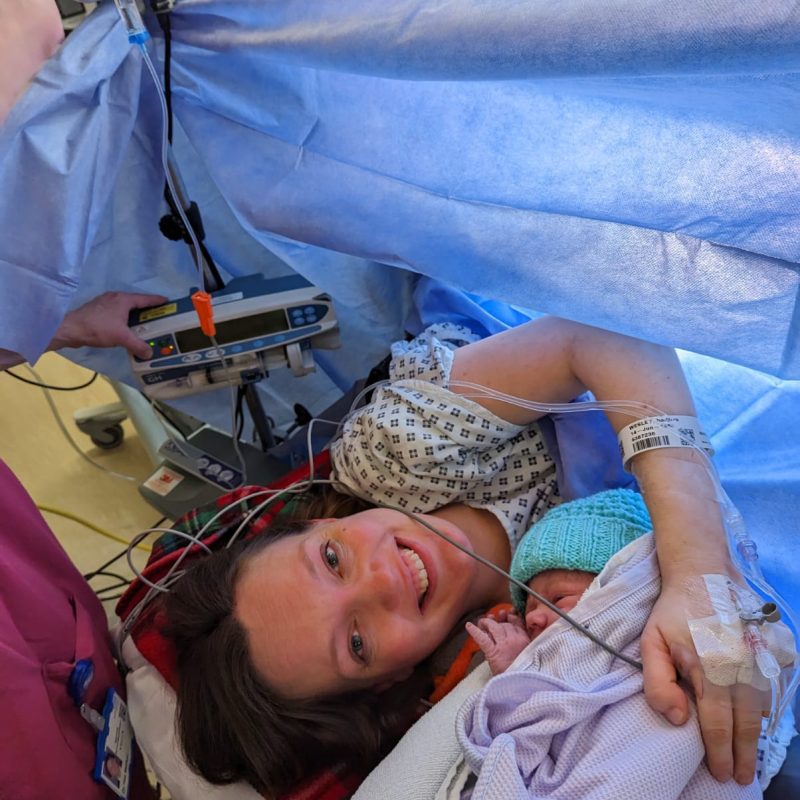Information about medicines
Some epilepsy medicines can cause problems if used during pregnancy. It’s important to be aware of the risks of your medicine and to get medical advice before making any changes to your treatment.

Epilepsy medicines and pregnancy
Adoption and epilepsy
Some people with epilepsy choose to adopt. The adoption process is different depending on the agency. It normally takes around six months.
If you choose to adopt you will be visited by a social worker who will assess your suitability for adopting. You will also have a full medical examination. While your epilepsy will be considered in the assessment, it does not rule you out of adopting.
Before adopting, you should think about how having epilepsy might add to the challenges of bringing up a child.
Useful organisations
Family Planning Association (FPA)
Information and advice about sexual health, contraception, planning a pregnancy and unplanned pregnancy
National Childbirth Trust (NCT)
Information and advice about pregnancy, birth and parenting
Tel: 0300 330 0700
Royal College of Obstetricians & Gynaecologists
Factsheets on a wide range of topics related to pregnancy and birth
Adoption UK
A charity that connects people across the adoption community, support adopters and adoptees
The National Adoption Service for Wales
Promotes and supports best practice in adoption across Wales
Looking after a baby when you have epilepsy
If you have seizures, you may need to do some extra planning around how to look after your baby safely once they arrive.
It’s also important to take care of yourself.
Read our guide for parents and carers with epilepsy.
Here to support you
Call the Epilepsy Action helpline
If you would like to talk to someone about epilepsy, our trained advisers are here to help.
Send us your question
Send a question to our trained epilepsy advisers. (We aim to reply within two working days).
Here to support you
Call the Epilepsy Action helpline
If you would like to talk to someone about epilepsy, our trained advisers are here to help.
Send us your question
Send a question to our trained epilepsy advisers. (We aim to reply within two working days).





